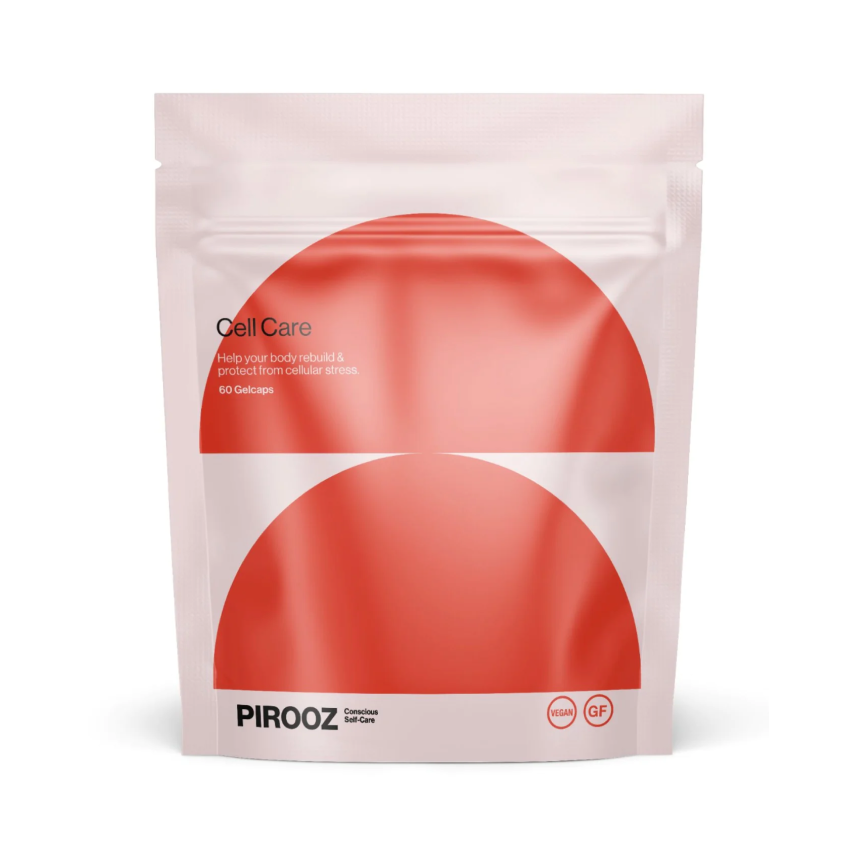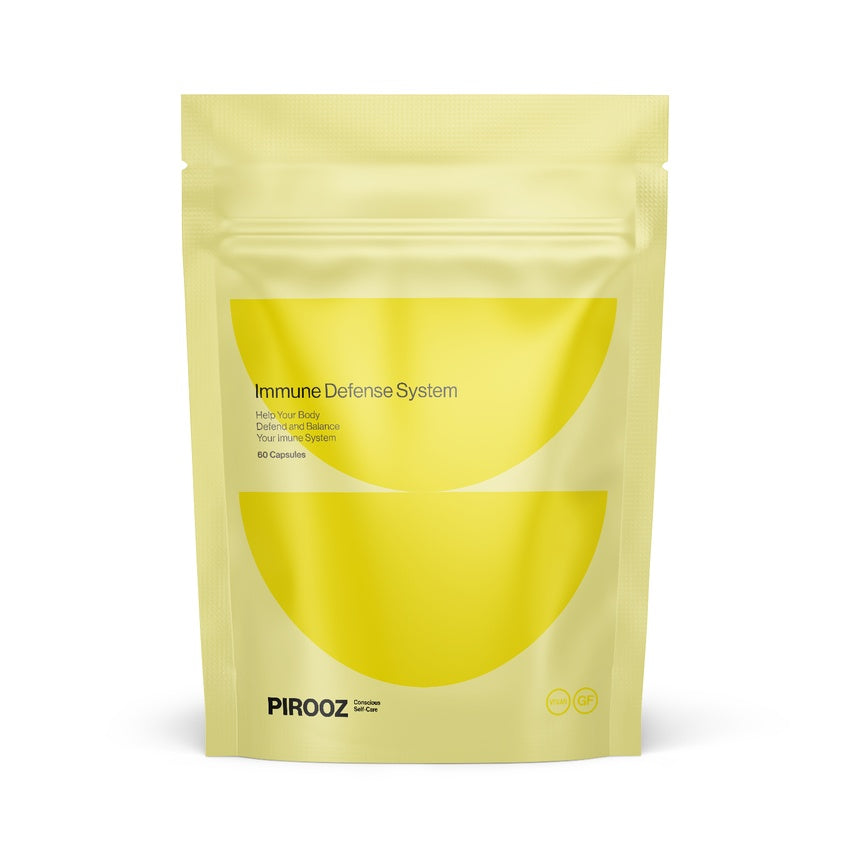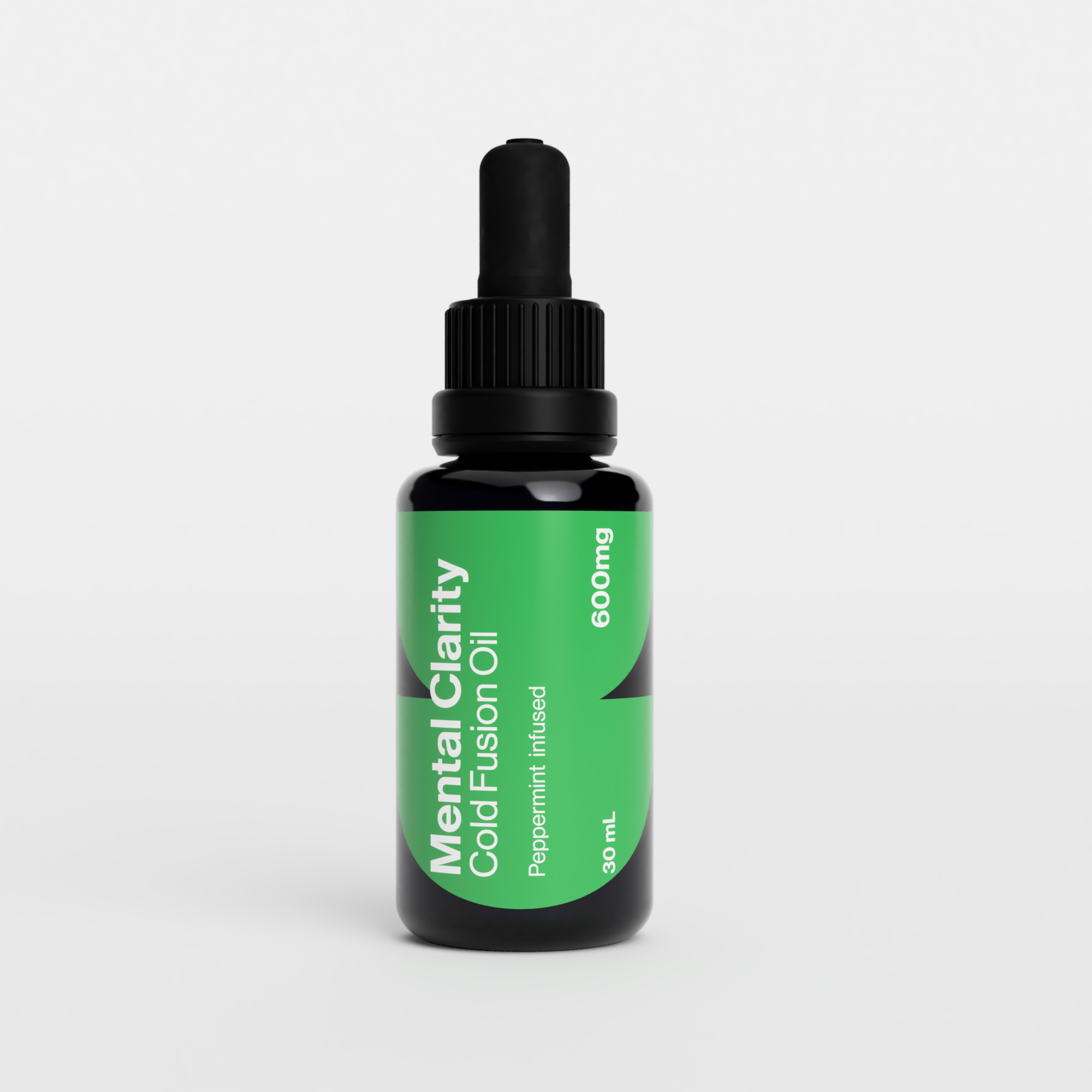Introduction to the Immune System
The immune system is a complex network of cells, tissues, and organs that work together to defend the body against harmful pathogens. Its ability to identify and neutralize invaders while distinguishing them from the body's cells is essential for optimal health. Cellular immunity, involving specialized immune cells like T cells and natural killer cells, plays a pivotal role in this defense. Enhancing and supporting these immune responses naturally can significantly bolster overall immune health.Diet and Nutrition: Foundation for Immune Health
- Vitamin C: Known for its antioxidant properties, vitamin C supports immune cell function and helps protect against infections (Hemilä & Chalker, 2013).
- Vitamin D: Essential for modulating immune responses, vitamin D deficiency is linked to increased susceptibility to infections (Aranow, 2011).
- Zinc Plays a critical role in immune cell development and function, supporting the body's ability to fight infections (Wessels et al., 2017).
- Omega-3 Fatty Acids: In fatty fish like salmon and flaxseeds, omega-3s help reduce inflammation and enhance immune response (Calder, 2013).
- Antioxidants: Found in fruits, vegetables, and herbs, antioxidants combat oxidative stress and support overall immune function (Carr & Maggini, 2017).
Lifestyle Factors: Supporting Immune Resilience
Beyond nutrition, lifestyle choices significantly influence immune health:- Regular Exercise: Moderate physical activity enhances immune cell circulation and function, reducing the risk of infections. This can be achieved through brisk walking, cycling, or swimming for at least 30 minutes daily (Simpson & Guy, 2017).
- Adequate Sleep: Quality sleep is crucial for immune cell regeneration and antibody production, optimizing immune responses (Besedovsky et al., 2019).
- Stress Management: Chronic stress weakens immune defenses, making stress reduction techniques like meditation and yoga beneficial (Dhabhar, 2014).
Herbal Remedies and Supplements: Enhancing Immune Function
Herbal remedies and supplements have gained popularity for their potential to enhance immune function and overall health:- Echinacea: This herb is widely recognized for its immune-stimulating properties. Research suggests that echinacea can reduce the severity and duration of upper respiratory infections (Karsch-Völk et al., 2014). It is a natural remedy to support immune responses during cold and flu seasons.
- Garlic: Known for its antimicrobial and immune-boosting effects, garlic contains sulphur compounds like allicin, which have been shown to enhance immune cell activity and help fight infections (Bayan et al., 2014). Incorporating garlic into the diet may contribute to overall immune health.
- Probiotics: This beneficial bacteria support gut health and are closely intertwined with immune function. Probiotics help maintain a healthy gut flora balance, influencing immune responses and inflammatory processes (Azad et al., 2013). Regularly consuming probiotic-rich foods like yoghurt, kefir, or probiotic supplements can contribute to a more robust immune system.
Integrative Approaches: Harnessing the Power of Nature
Integrating natural approaches to immune health involves combining dietary, lifestyle, and supplemental strategies:- Synergistic Effects: Combining immune-supporting nutrients and herbal remedies can amplify their benefits. For example, vitamin C enhances iron absorption from plant-based sources, supporting overall immune function and energy levels. This means that when these two nutrients are consumed together, their benefits are enhanced, leading to a more robust immune system (Hemilä & Chalker, 2013).
- Holistic Health Practices: Practices such as acupuncture, traditional Chinese medicine, and Ayurveda offer holistic approaches to supporting immune health by addressing imbalances in the body's energy systems and promoting overall vitality (Liu et al., 2017).
Ethical Considerations and Sustainability
When choosing natural supplements and herbal remedies, it is essential to consider their sourcing, sustainability, and ethical practices:- Organic and Sustainable Sourcing: Opt for supplements and herbal products that are organically grown and sustainably sourced to minimize exposure to pesticides and support environmental health.
- Ethical Practices: Look for brands prioritising ethical sourcing, fair trade practices, and transparency in ingredient quality and manufacturing processes. Certifications such as USDA Organic and Non-GMO Project Verified can provide reassurance of product integrity.
Final Thought -
In conclusion, prioritizing immune health through natural approaches empowers individuals to enhance their resilience against infections and promote overall well-being. Individuals can naturally optimise their immune function by fostering a balanced diet, healthy lifestyle habits, and incorporating immune-supporting herbs and supplements. By understanding the science behind immune support and integrating these natural strategies into daily life, individuals can navigate health challenges with greater resilience and vitality. Regular monitoring, personalized nutrition plans, and guidance from healthcare providers are crucial for tailoring these approaches to individual needs and optimizing immune health effectively.PIROOZ Immune Defense: The Best Supplement for Immune Health
- Enriches Your Body's Defense System at the Cellular Level: PIROOZ Immune Defense works at the cellular level to bolster the body's natural defense mechanisms. It supports the production and activity of immune cells, ensuring your body can effectively respond to pathogens and maintain overall health.
- Helps Your Body Defend & Balance Your Immune System: This supplement helps balance the immune system, preventing it from overreacting or underperforming. By modulating immune responses, PIROOZ Immune Defense ensures the body can fend off infections without causing unnecessary inflammation or autoimmune reactions.
- Helps Your Body Reduce Inflammation: Chronic inflammation can weaken the immune system and lead to various health problems. PIROOZ Immune Defense contains anti-inflammatory ingredients that help reduce inflammation, thus supporting overall immune function and reducing the risk of chronic diseases.
- Helps Support Kidney Function: The kidneys filter toxins and maintain overall health. PIROOZ Immune Defense supplements support kidney function, ensuring that this vital organ can perform its detoxifying duties effectively, which is essential for a robust immune system.
- Patented Process Dramatically Increases Vitamin D Levels: Vitamin D is critical for immune health. The patented process in PIROOZ Immune Defense significantly enhances the bioavailability of Vitamin D, ensuring that the body has adequate levels to support immune function.
- Helps Maintain a Healthy and Powerful Immune Response and Cellular Defense: PIROOZ Immune Defense helps maintain a healthy and robust immune response by supporting the body's cellular defense mechanisms. This ensures the immune system can efficiently detect and eliminate pathogens, promoting overall health.












